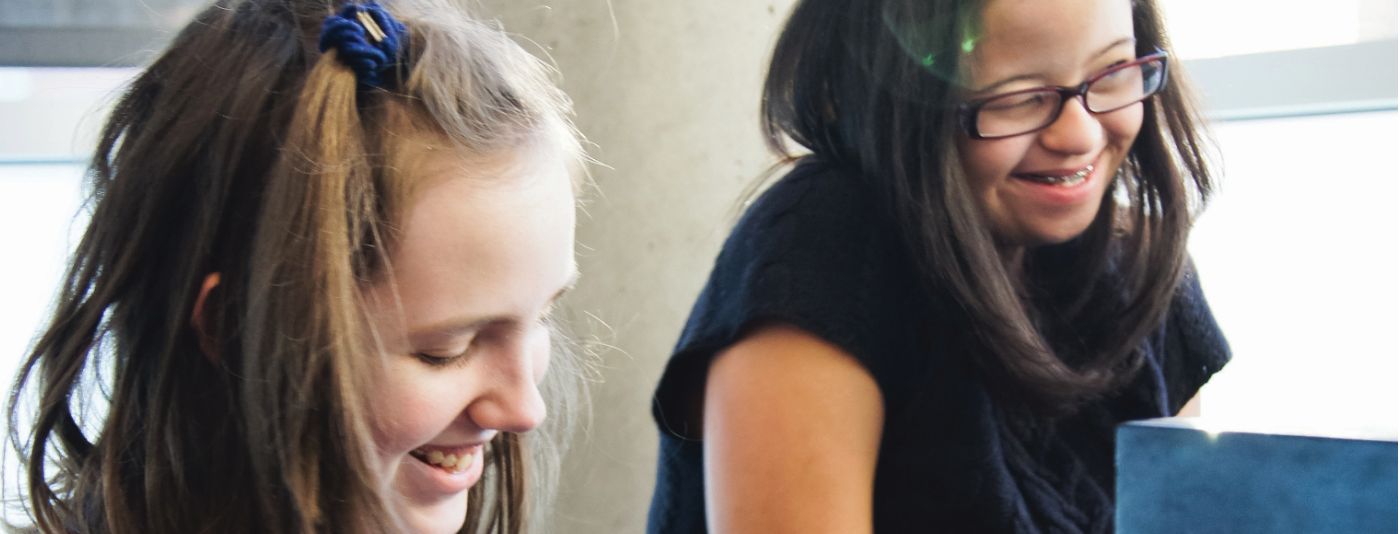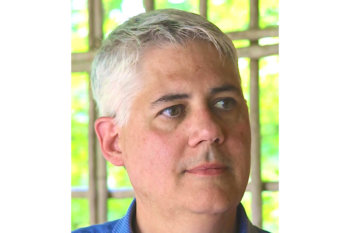Music Therapy
Bringing the Power of Music to All Abilities and Ages
Humans have long appreciated the healing and cathartic power of music. Music taps into a primal sense of rhythm that we all possess. Music is processed and produced through a different pathway than verbal speech. Bypassing that pathway allows clients to express themselves, communicate with loved ones, and experience the world more vibrantly.
What is Music Therapy?
Music therapy is the clinical (evidence-based) use of the power of music to accomplish individualized, non-musical goals. Board-certified music therapists address a clients physical, emotional, cognitive, and/or social needs. After assessing the strengths and needs of each client, our health professionals provide treatment that may include creating, singing, playing an instrument, and moving to and/or listening to music. No musical ability is necessary!
Non-musical, functional goals areas addressed in music therapy include, but are not limited to:
- Cognition and reasoning
- Attention building skills
- Gross and fine motor skills
- Pain and behavior management
- Sensory processing, planning and acuity
- Socialization, emotional, coping and leisure skills
- Speech and language skills
Who Can Benefit From Music Therapy?
Children, adolescents, adults, and older people with varying diagnoses may find music therapy helpful.
We serve individuals with varying diagnoses, some include:
- Developmental, physical, and cognitive disabilities/delays
- Mental health diagnoses/disorders
- Neurologic impairments
- Pervasive Developmental Disorders – including Autism Spectrum Disorders
- Traumatic and Acquired Brain Injuries
- Age-related diseases like Alzheimer’s disease, dementia or brain damage due to stroke
Through music therapy, clients strengthen and transfer abilities to other areas of their lives.
What Are Adaptive Music Lessons?
MacPhail’s Music Therapy program also provides adaptive lessons for individuals who have difficulty learning music in traditional ways due to physical, cognitive or emotional challenges. Adaptive music lessons are uniquely tailored to meet the needs of the individual student by a board-certified music therapist. This ensures a successful music learning experience.

Music Therapy Research
Research in music therapy supports its effectiveness in many areas:
- Improving overall physical rehabilitation and facilitating movement
- Providing avenues for communication
- Increasing people’s motivation to become engaged in their treatment
- Providing emotional support for clients and their families
- Providing an outlet for expression of feelings
Through musical involvement in the therapeutic context, clients’ abilities are strengthened and transferred to other areas of their lives.
What to Expect in the First Music Therapy Session
The first 2-3 sessions focus on the music therapist and client getting to know each other and assessing the strengths and needs of the individual client. During this time, an assessment form is completed to determine goals and next steps. The board-certified music therapist will provide the indicated treatment, which may include creating, singing, moving to, and/or listening to music. Progress notes and documentation will be completed on a regular basis and periodic updates will be provided. Your music therapist will be available to answer any of questions you may have.
Music Therapy Session & Class Offerings 6 courses shown
This work is supported in part by the Department of Human Services – Disability Services Division.





